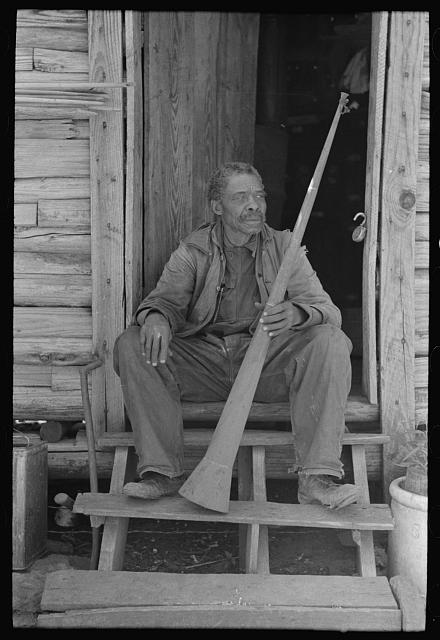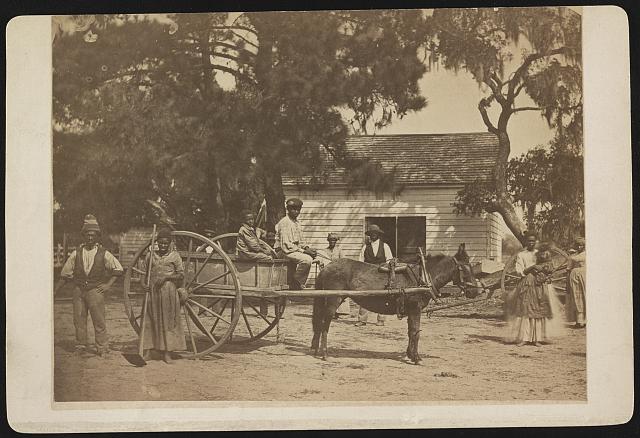by KERI LEIGH MERRITT

Although nearly fifty-seven years have passed since Stanley Elkins’ provocative thesis on the effects of slavery rocked the historical community, scholars are still grappling with some of the basic premises he put forth. While the effects of slaveholders’ psychological terrorism still inspire intense debates, it should prove helpful for scholars to focus on how severely the enslaved were mentally tortured. Perhaps one of slave owners’ more innovatively cruel strategies concerned the ways they sought to completely emasculate enslaved boys and men—by denying them the right to wear pants. By forcing young African American boys and men to wear dress-like shirts, the owners of flesh attempted to feminize and humiliate enslaved males on a daily basis. According to scores of interviews with the formerly enslaved, denying black boys and young men the right to wear pants was a relatively widespread practice throughout the Deep South.1

This custom certainly becomes even more interesting when slaveholders’ beliefs about slave breeding and the virility of young “bucks” is taken into consideration. Countless owners commented time and again in diaries and letters about the supposedly highly-sexualized nature of young black men, and the emasculation of the enslaved must have allowed slaveholders some type of psycho-sexual superiority complex. By feminizing African American males, slave owners likely reassured themselves that they were the most masculine men on the plantation, which could be demonstrated, of course, by the rape and sexual abuse of enslaved women and girls.
Aaihs for more
